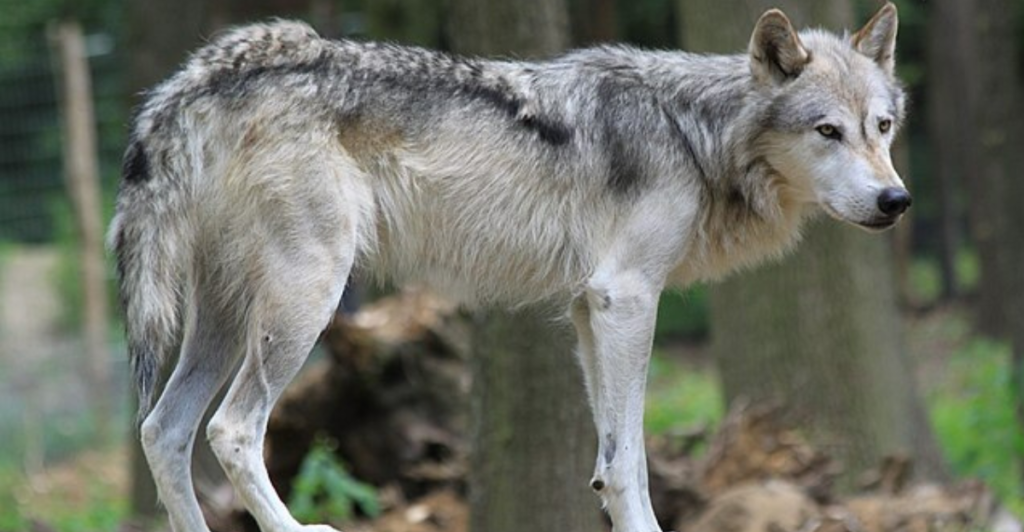
Owning a grey wolf or a wolf-dog hybrid is a complex matter regulated by state laws and local ordinances. Wolves are majestic and wild animals, often considered unsuitable pets due to their instincts. However, some states in the U.S. allow ownership under strict conditions. This guide explores the legal landscape across various states, helping readers understand the unique challenges and responsibilities of keeping these extraordinary animals.
States Where It’s Legal
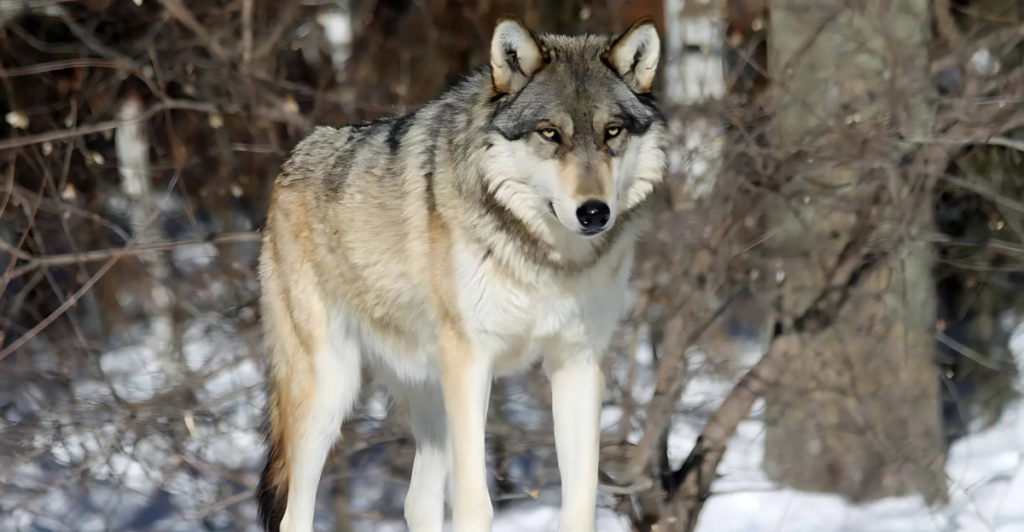
Some states, such as Alaska and Montana, permit grey wolf ownership only under specific circumstances. Owners may need permits, licenses, and appropriate enclosures. These states recognize the unique challenges of owning a wild animal, emphasizing public safety and animal welfare. Potential owners should be prepared to meet rigorous standards and commit to lifelong care. Researching local regulations is crucial before considering ownership.
States with Prohibitions
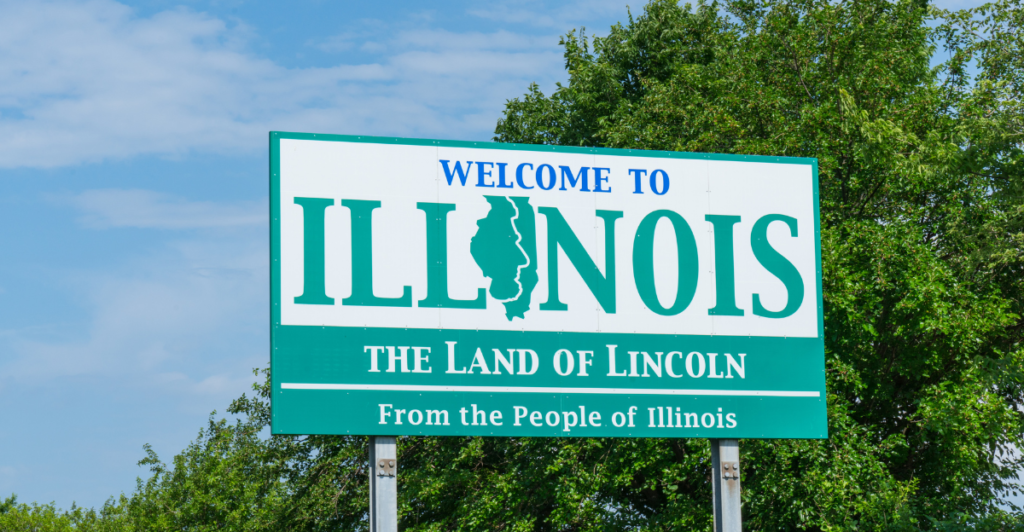
Several states, including California and New York, have outright bans on owning grey wolves or wolf-dog hybrids. These prohibitions stem from concerns about safety and animal welfare. Wolves are unpredictable and require specialized care that most people cannot provide. Individuals who own such animals without authorization may face fines or other penalties in these states. Prospective owners should be aware of these restrictions before making any decisions.
States with Hybrid Exceptions

Some states, like Texas and Florida, differentiate between grey wolves and wolf-dog hybrids. While pure wolves may be prohibited, hybrids are sometimes allowed with permits. These regulations vary widely and may depend on the animal’s wolf content percentage. Owners must demonstrate their ability to care for the animal responsibly and often need to comply with enclosure and containment standards.
Permitting Requirements
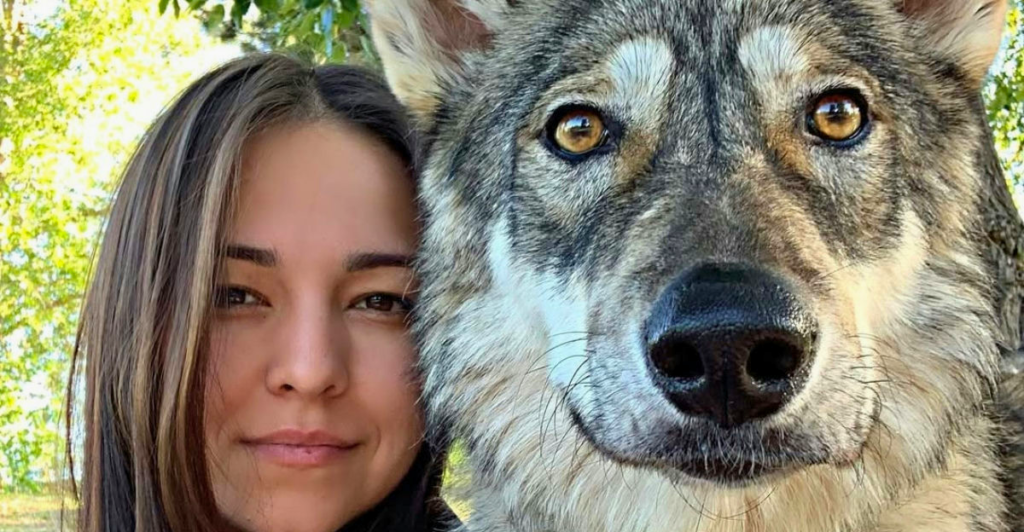
Even in states where wolf ownership is legal, permits are often required. These permits may involve inspections, fees, and proof of appropriate facilities. Owners might also need to show they have experience with wild animals. Permits are designed to ensure the safety of both the owner and the community while promoting the welfare of the wolf. Failing to comply with permitting rules can result in significant penalties.
Specialized Enclosure Standards

Grey wolves require secure and spacious enclosures to thrive. Most states that allow ownership mandate specific fencing standards, often requiring double fencing, anti-dig barriers, and escape-proof designs. Enclosures must provide enough space for the wolf’s physical and mental well-being. Meeting these standards is a legal requirement and a moral responsibility for anyone considering wolf ownership.
Challenges of Owning a Wolf
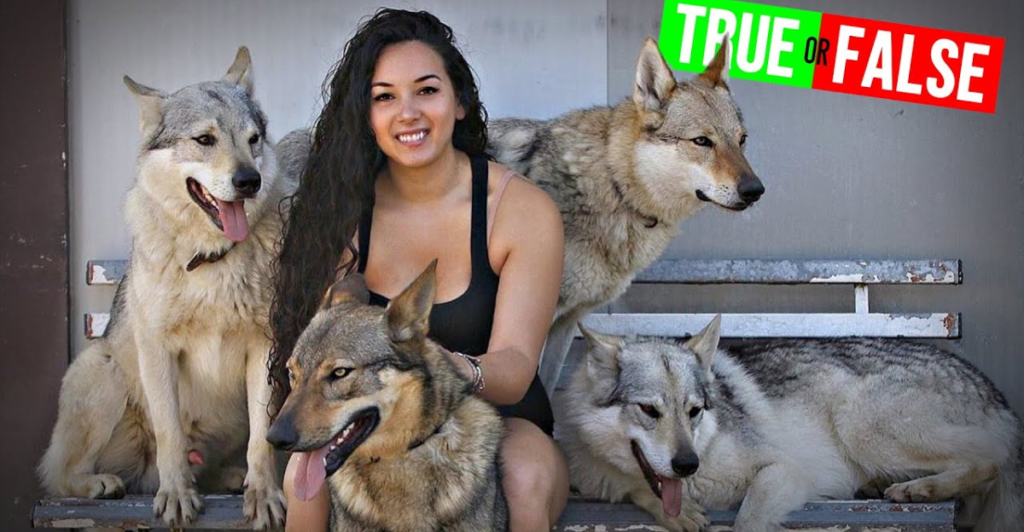
Owning a grey wolf comes with significant challenges. These animals have strong instincts, requiring extensive training, socialization, and space to roam. They can be destructive and may pose risks to other pets or humans. Additionally, wolves have complex dietary needs and high veterinary costs. Prospective owners should carefully evaluate their ability to meet these demands before pursuing ownership.
Exotic Pet Insurance

Many states require exotic pet insurance for grey wolf ownership. This insurance protects against liability in case the animal causes injury or damage. Finding a policy can be challenging, as not all insurers cover exotic animals. Owners should factor in the insurance cost and ensure they meet all coverage requirements to avoid legal and financial risks.
Wildlife Sanctuaries as Alternatives
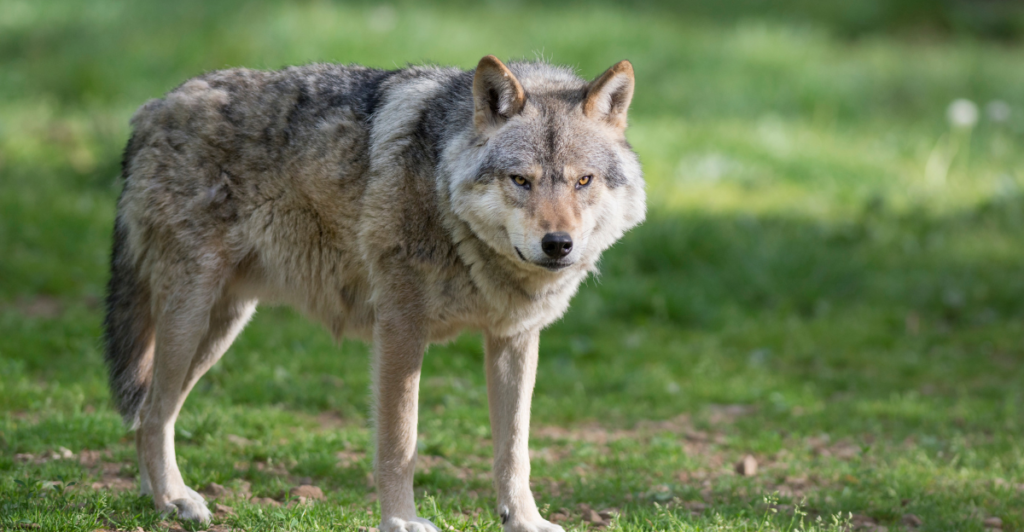
Supporting wildlife sanctuaries can be a responsible alternative for those drawn to owning a grey wolf. Sanctuaries provide care and refuge for wolves that cannot return to the wild. Individuals can support these animals without ownership challenges by volunteering or donating. This option also helps raise awareness about the complexities of keeping wolves as pets.
Ethical Considerations
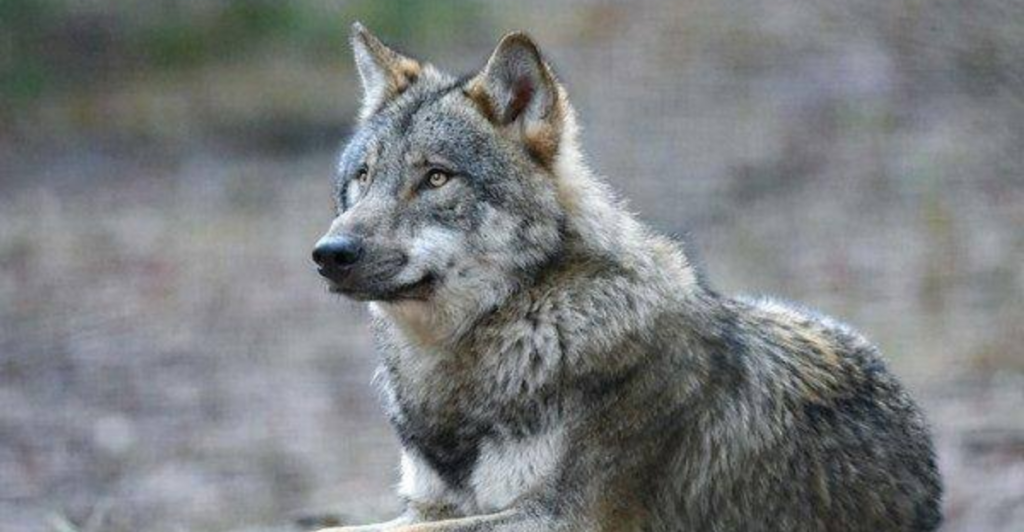
The ethics of owning a grey wolf are a topic of debate. Critics argue that wolves belong in the wild, where they can exhibit natural behaviors. Supporters believe responsible ownership can provide a safe environment for animals unable to survive in their natural habitat. Regardless of personal views, it’s essential to consider the welfare of the animal and the impact on local ecosystems.
Federal Regulations
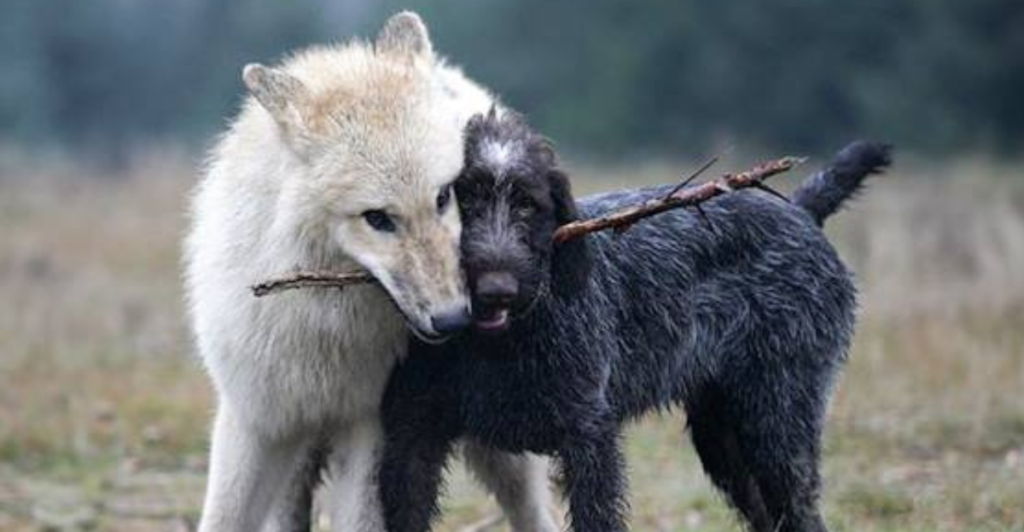
In addition to state laws, federal regulations also influence grey wolf ownership. The Endangered Species Act protects some wolf populations, making ownership illegal in certain areas. Federal rules may also require owners to meet additional standards for care and containment. Staying informed about federal and state laws is crucial for anyone considering wolf ownership.
Education and Advocacy
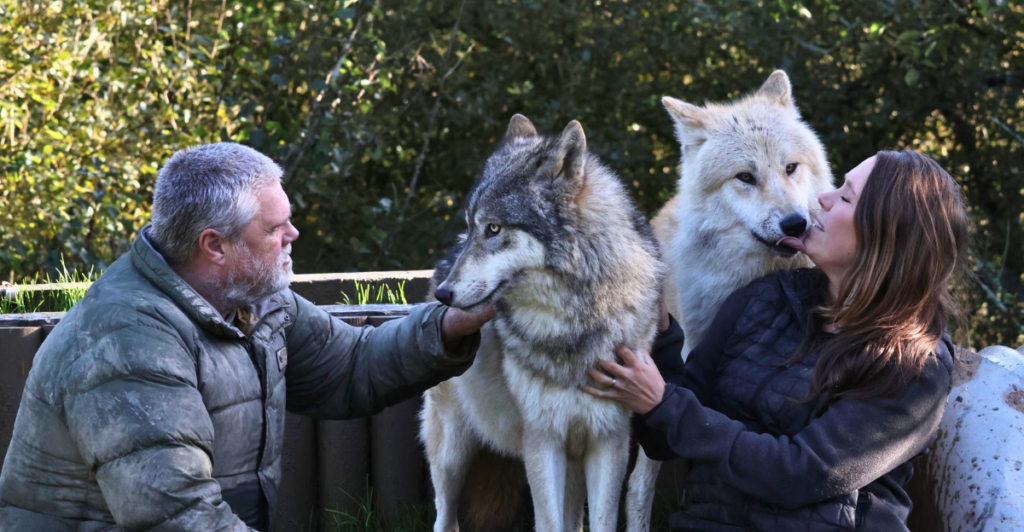
Understanding grey wolves’ role in ecosystems is vital for making informed decisions. Organizations like the International Wolf Center offer resources and educational programs about these animals. Learning about their behaviors, needs, and conservation status can help potential owners determine if they are ready for the responsibility. Advocacy efforts also support the coexistence of humans and wolves.
Final Thoughts
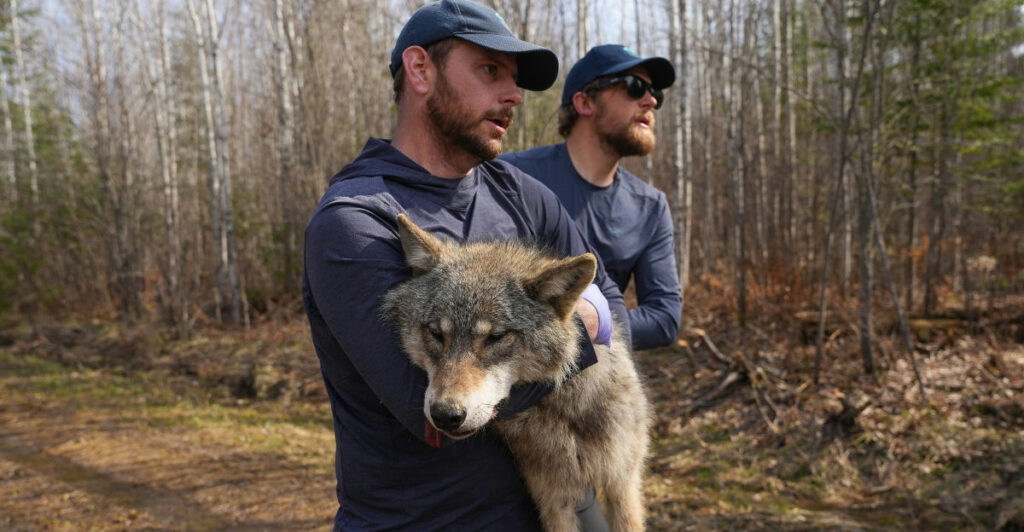
Owning a grey wolf requires careful consideration of legal, ethical, and practical factors. While some states allow ownership under strict conditions, others prohibit it entirely. Prospective owners must be prepared to meet all requirements and prioritize the animal’s welfare. For those who love wolves, supporting conservation efforts and sanctuaries offers a meaningful way to connect with these remarkable creatures.
Stay connected with us for more stories like this! Follow us to get the latest updates or hit the Follow button at the top of this article, and let us know what you think by leaving your feedback below. We’d love to hear from you!







